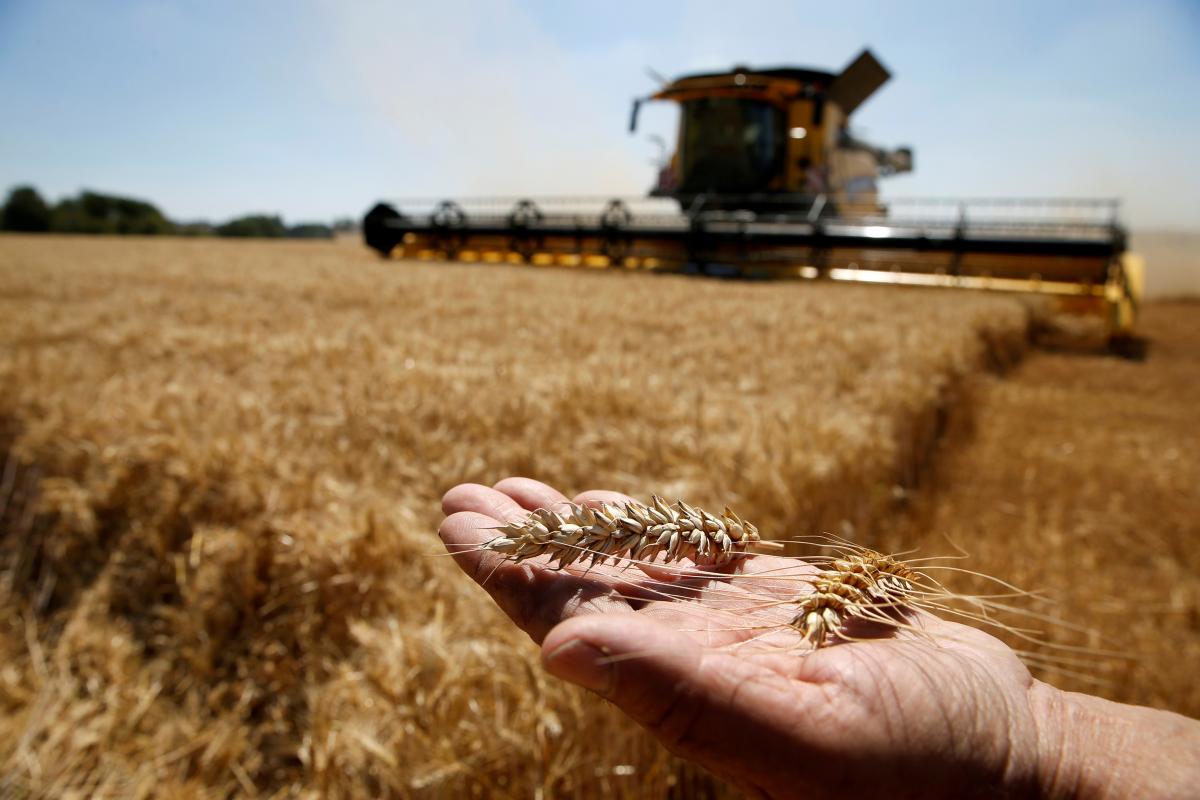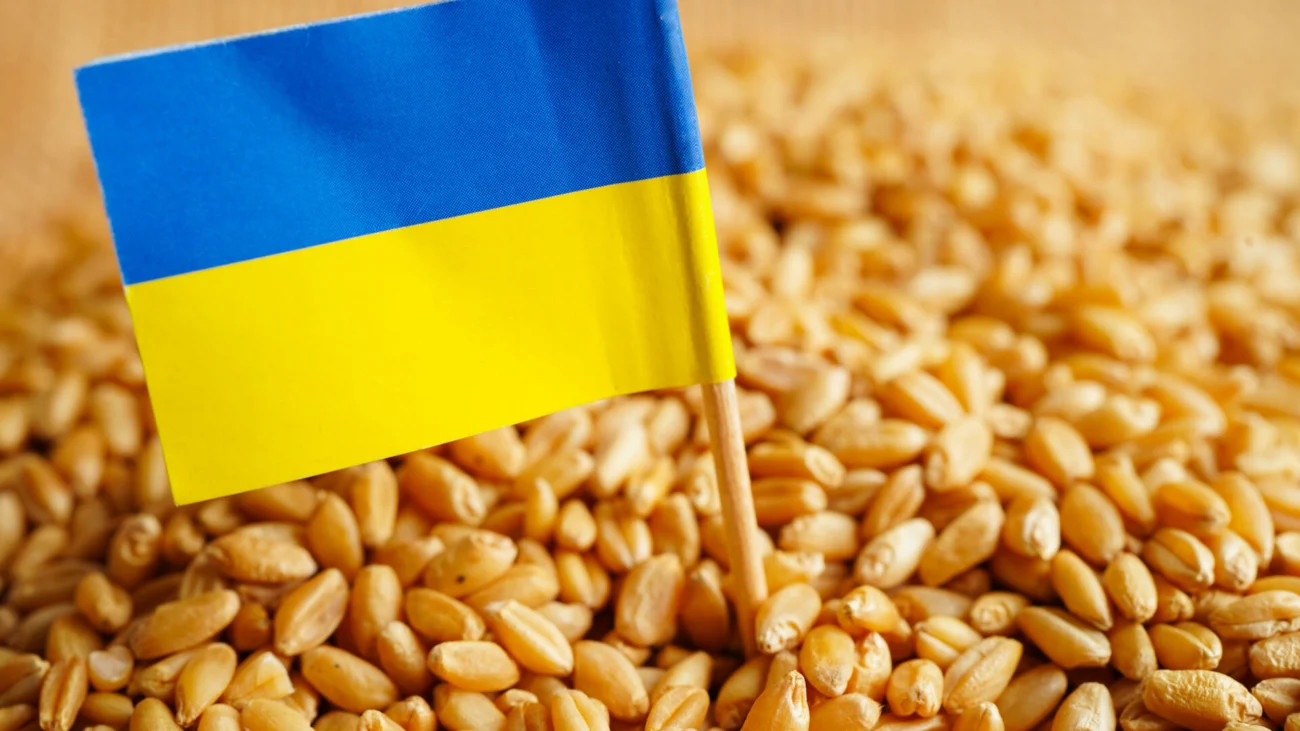Kyiv, September 28, 2025 — Ukrainian agricultural exports to Europe are set to rise sharply, even amid ongoing conflict and logistical challenges. According to BizAgro, the leading grain exporter Nibulon plans to increase shipments to 4 million tonnes in 2025, up from 2.5 million tonnes in 2024. The bulk of deliveries will target European Union markets, underlining Ukraine’s growing role as a stable supplier despite disruptions caused by war.
Rising exports supported by EU trade measures
The European Union has twice extended autonomous trade measures, including reduced tariffs and expanded quotas for Ukrainian agricultural goods. Most recently, quotas for Ukrainian wheat imports were increased from 1 million to 1.3 million tonnes. These measures enhance Ukraine’s access to European markets and help stabilize regional food supply chains. A significant share of exports now moves through the Solidarity Lanes, a crucial route established after Black Sea port blockades disrupted maritime logistics.
Economic impact of grain exports
In 2024, Ukraine’s agricultural exports to the EU totaled nearly €13 billion, with grain products accounting for approximately €4.5 billion. Nibulon’s strategy reflects broader trends in Ukrainian agribusiness: despite war-related losses in regions such as Luhansk and Kharkiv, companies are restoring production and targeting European markets. Nibulon now operates across four main areas: agricultural production, logistics, trading, and digitalisation, creating a robust export infrastructure that boosts supply stability for Europe.
Strategic benefits for the EU
Increased Ukrainian grain deliveries come at a time when Europe faces potential price volatility due to logistical disruptions and climate pressures. Greater imports from Ukraine improve diversification and food security within the EU. Expanded volumes from major producers like Nibulon help reduce logistical costs and limit dependence on more distant suppliers. This development also strengthens European livestock feed chains and mitigates risks of price surges for animal products.
Broader geopolitical significance
Ukraine’s growing role as a grain supplier reinforces its strategic importance in Eastern Europe and underlines the value of a resilient agricultural sector. Sustained exports contribute to economic stability, reducing the potential for social unrest, migration pressures, or political instability that could affect neighbouring EU countries. They also diminish Russia’s leverage through control of food supply, ensuring Europe maintains diversified and secure grain channels.
Ukraine’s strengthened agricultural trade with Europe represents a key pillar of resilience for both economies, reinforcing food security and economic stability in a turbulent geopolitical environment.












